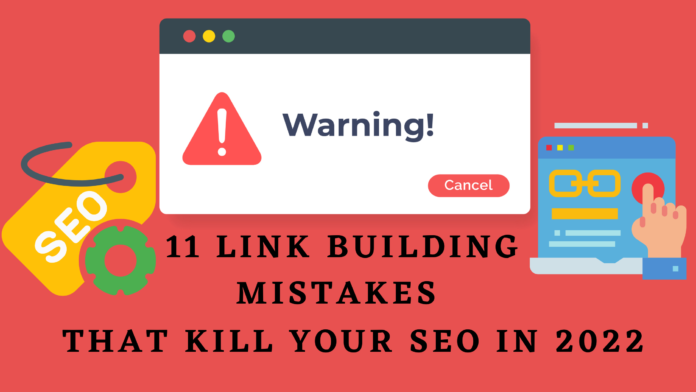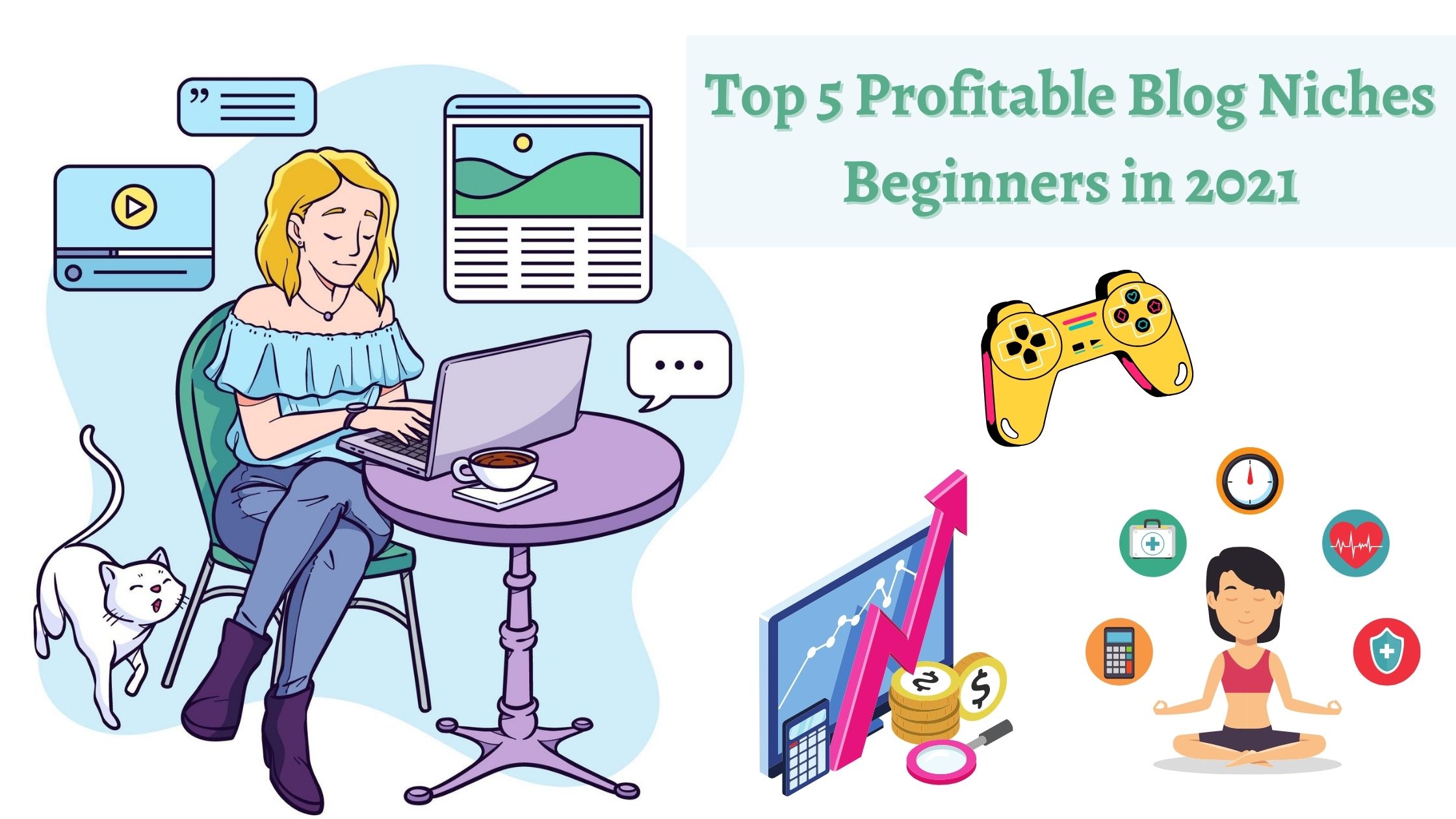Link building is an important aspect within SEO necessary in driving organic traffic via search engines in highly competitive domains. Combining good SEO practices with engaging content, and a good user experience is a sure shot way to increase organic traffic to your page. Research analysis by Backlinko concerning 1 million Google search results revealed fascinating results. It was found that backlinks affected SERP ranking more than any other ranking factor!
Why does Google hate link-building mistakes?
Backlinking is a simple technique that focuses on creating links from one website to another, increasing the website’s visibility and overall, prominence. That is why backlinking is an important SEO rule. Wherever search engine optimization is concerned, it is not just impossible but very simple-minded not to pay attention to Google and its likes and dislikes. Google aims to provide the best content and search results to its users prioritizing a seamless user experience. To achieve this, Google is the reason it keeps on updating its algorithms and recommending things like mobile SEO.
There is a fine line between good backlinking and spamming. Google has a well-known dislike for spammers. Avoid referring to links that are spam in nature, which may lead Google to enforce penalties and de-rank your website.
The main reason why Google hates certain backlinking is that they involve manipulating the algorithm unethically for their own benefit without caring about the user experience. This negatively affects Google’s credibility in front of users. Don’t try to out-smart Google. Make it your friend and it can benefit you in a lot of ways. And don’t make the mistake of thinking Google will not catch your malpractice. Because it always does and then your website will suffer.
We have curated a list of link-building mistakes that you should keep a lookout for.
Common Link Building Mistakes to Avoid in SEO:
1. Focusing only on high DA backlinks
It is not an easy feat to build backlinks from high-domain authority (DA) websites. You might be tempted to think that backlinks from these websites are evergreen and always relevant. But just like anything else in the online world, success now doesn’t mean success in the future. You need to have an ever-evolving, ready-to-adapt mindset to change accordingly with times, and then only you can truly conquer SEO.
So, don’t get caught up in backlinking only from authoritative websites. Not all the links will last for a lifetime. While some might turn into highly popular, others might lose their credibility. A smart businessman keeps an eye out not just for current market trends but for future trends as well. Be smart and do not entirely rely on creating high DA backlinks. If you ignore the low DA backlinks today, you will miss out on opportunities in the future when they grow big.
2. Getting obsessed with competitors backlinks
Keeping an eye out for your competition is necessary. After all, that’s how you learn, improvise and grow. However, don’t become too obsessed with it. It is a myth that has been debunked completely that creating the same backlinks as your competition will let you rank up higher than them. There are many other criteria for Search Engine Optimization.
Analyze the backlinks that your competitors use and if they’re working well for them, you can find out where you need to work. If it isn’t working, you know what kind of backlinking to avoid.
3. Press Release Link Building
The motive of a press release is to offer unique, intriguing, and relevant information. Creating links from Press Releases used to be a big thing in the SEO community. That was because press releases are uploaded across a number of websites and so, you could create backlinks to all these websites with just one piece of content.
However, it didn’t take long for people to start misusing this technique to manipulate Google search results with such backlinking. Like you can imagine, Google did not like this, and as a result, release link building is considered as a link scheme by Google now.
4. Blog Comments
Back in the gold old days, links via blog comments used to be considered a good source for backlinking. However, people started abusing this service by using automated bots to generate spammy comments for the sole purpose of backlinking. Akismet is a plugin used to filter out spam comments and according to data collected by it, there are more than 7.5 million spam comments every day.
So don’t waste your time and efforts on blog commenting because it doesn’t work.
5. Buying Backlinks
Middlemen are everywhere. Even in the SEO industry, you will find agencies today that sell backlinks services in bulk at cheap rates. If you pay these agencies, they will generate hundreds of backlinks from government, education, and high DA websites.
But if you were thinking of spending any money on buying backlinks, we suggest you treat yourself to something nice instead because bought links are red-flagged by Google. Google mentions very clearly that buying links will lead to your website ranking plummeting.
If you still think you have money and need help increasing your website’s ranking using organic link-building techniques, hire a credible Digital marketing company.
6. Creating too many backlinks in a short period
A website is an organic source that, with proper strategy and commitment and most importantly, time will grow. Backlinks are like fodder – they help in the growth of the website. Just like too much fodder in a short time can harm the cattle, excessive backlinking can backfire on your SEO endeavors. There is an SEO term that you should become familiar with-it is called link velocity. It represents the rate of link building for a site. If this number is unnaturally high out of the blue, Google is going to notice and you risk getting your website penalized.
While backlinking is supposed to be done naturally, we understand that it requires some effort. However, don’t go from 0 to 100 in a day. If you’re not used to backlinking, start small and increase the numbers in an ordered, natural manner.
7. Overloading the anchor text
Anchor text is the text or words on your website that are hyperlinked to another webpage. Anchor texts are useful to tell the users about the page’s content and get more resources.
It in itself isn’t a wrong strategy. However, oftentimes SEO experts hyperlink a primary keyword on the website. But over hyperlinking to the same keyword or anchor text will lead to your content being marked as spammy by Google.
When backlink, use the link on a combination of long-tail keywords, phrase match keywords, etc.
8. Backlinks from websites with a bad reputation
There are certain websites that are black-listed by Google such as spam sites, casino, and gambling sites, porn sites, illegal and duplicate content blogs, etc.
Don’t get backlinks from any of these websites if you don’t want to lower your website rankings. Only get backlinks from authoritative and trustworthy websites.
9. Backlinks from irrelevant content
If you run a Food blog and your website contains backlinks to FIFA or Smartphone releases, it is very fishy. While it is okay to expand your horizons and you are allowed to talk about things out of your niche, a huge number of backlinks to unrelated niches will get noticed by Google. This will harm your webpage ranking.
10. Low-Quality Guest Posts
Quality over quantity is something that holds true in most spheres of life and the online world of SEO is no different. Backlinking to poor websites with subpar content will do your website more harm than good.
There are people who write articles for a guest post with the aim of submitting the same duplicated content on various websites and blogs to build backlinks. As we know Google cares deeply about user experience. So even if you get all the SEO right, it will all be in vain if the content is substandard. Invest in good writers and avoid creating backlinks to duplicate or poor-quality websites.
11. Generating Backlinks Automatically
You can find everything on the internet. It is both a blessing and a curse. You can easily find backlink generators or automated link-building tools available on the internet. They work by taking your website URL and then generating a multitude of backlinks in no time. This is something you should always avoid because all these generators do is put your website with other websites that use bots to build links. Like we covered earlier, Google hates spammers. So don’t fall for everything you see on the internet!
Smart people learn from their mistakes. But the real sharp ones learn from the mistakes of others
BRANDON MULL
We hope you have learned something from this article as well. Avoid these tricky backlinking mistakes and don’t worry if you’ve already made some. Now is the time to learn and improvise!









